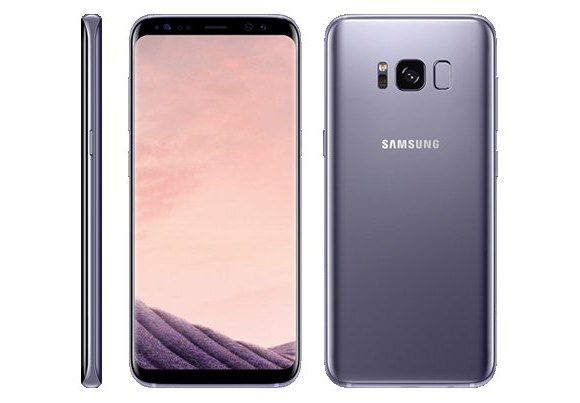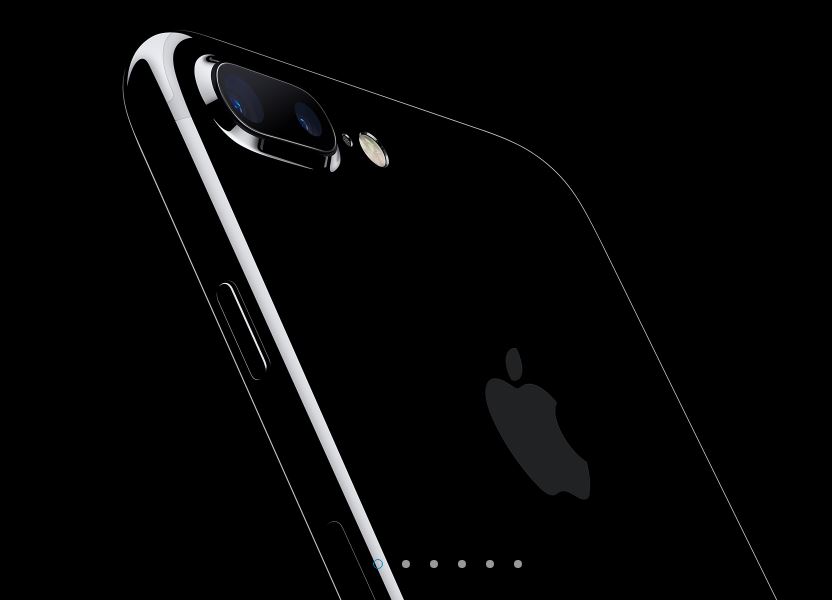The iPhone 7 Plus has attained good popularity as it’s only major rival, the Samsung Galaxy Note 7 was discontinued in October after it was launched in August 2016. Samsung’s new flagship phone, the Galaxy S8 that was unveiled on March 29 is packed with even more powerful specs than that of Galaxy Note 7. However, some tests that were performed on Galaxy S8 suggests that the iPhone 7 Plus is still more powerful.
According to Ars Technica, several tests were carried out on the international variant of the Galaxy S8 that is powered by Exynos 8895 chipset to measure its performance in segments like single-core processing, battery performance, and web browsing. The Snapdragon 835 edition of Galaxy S8 is available in the U.S. The iPhone 7 Plus is driven by Apple A10 chipset.

It has been found that the performance of the A10 powered iPhone 7 Plus is better than that of Galaxy S8 in the single-core test. It suggests the apps perform faster on single core rather than spreading over multiple cores. However, the Exynos chip of Galaxy S8 is able to beat the iPhone 7 Plus in the multi-core performance. This is possible because it is graced with extra cores for carrying out intensive tasks such as playing hi-res games or 4K video.
The Apple iPhone 7 Plus has a 2,900 mAh battery whereas the Galaxy S8 has a slightly bigger battery of 3,000 mAh capacity. The iPhone 7 Plus defeats the Galaxy S8 in battery performance. In other tests like internet browsing and graphics, the iPhone 7 Plus was able to beat the Galaxy S8.

These tests show that the older Apple A10 chipset is still very competitive against the latest Exynos chipset. It does not mean that Samsung Galaxy S8 is a slowing performing smartphone. In fact, regular users will not notice any lag in the performance of Galaxy S8 unless these benchmarks are checked.
The iOS ecosystem is another reason which makes the iPhone 7 Plus a better smartphone than the Galaxy S8. Samsung is known for loading its own apps from calendar to email even though these apps are already available as Google apps that come preloaded on Android phones. Apple iPhones do not come with such bloatware. Also, Apple is known for releasing software updates on a regular basis for iPhones. However, Samsung has a track record of releasing the updates quite slowly to its smartphones.
